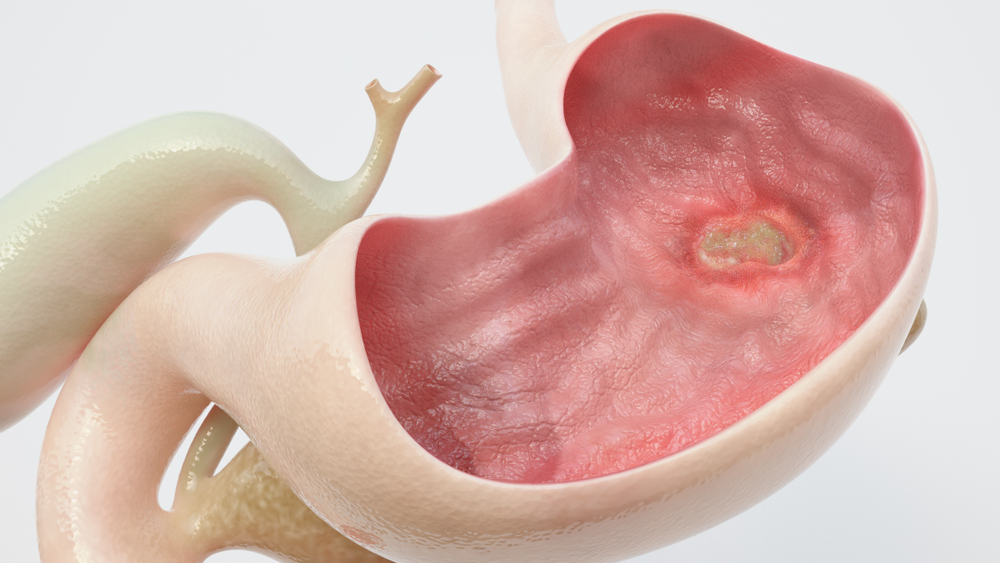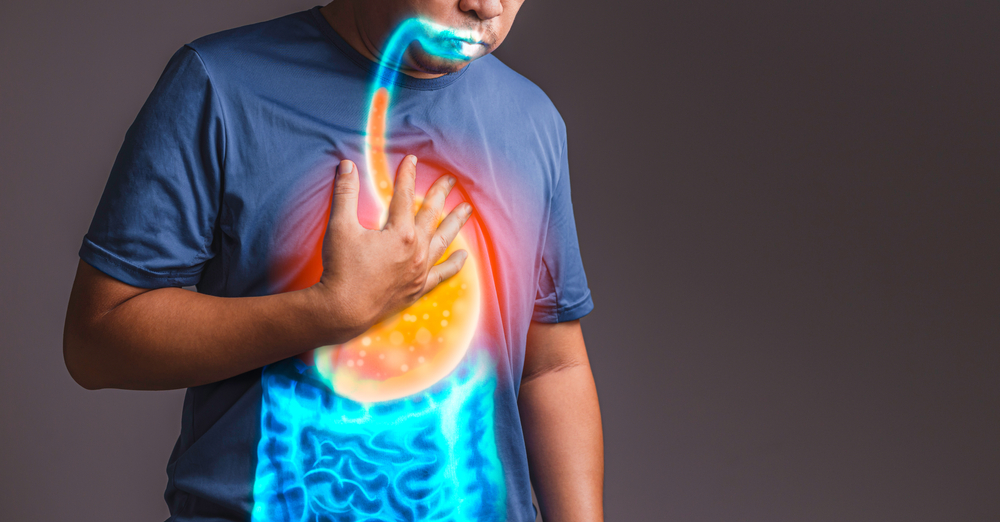The Role of Sleep Disorders in Addiction & Mental Health
Sleep is essential for maintaining emotional stability, enhancing memory, and promoting brain recovery. But if you're in addiction recovery, you might find it challenging to catch a good night sleep because of withdrawal symptoms, nutrient deficiencies, and the effects of past substance use on the body's natural sleep-wake cycle. Sleep disorders are another common concern in addiction recovery.
In fact, the impacts of addiction on the natural sleep regulation process have been thought to cause or exacerbate sleep disorders. And the relationship is bidirectional. Sleep disorders, too, can lead to addiction and mental and physical health issues. The three are closely intertwined, with studies showing that one increases the risk of the other.
The Bidirectional Relationship Between Sleep Disorders and Addiction
Sleep disorders and substance use disorders are closely linked through complex neurobiological mechanisms. Each condition can both contribute to and exacerbate the other, creating a cycle that is difficult to break without integrated care.
How Sleep Disorders Can Contribute to Addiction
Sleep disorders such as restless leg syndrome, circadian rhythm disruptions, and obstructive sleep apnea can increase the risk of substance use. The underlying science points to several key mechanisms:
1. Altered Reward Processing
Chronic sleep deprivation affects the brain’s reward circuitry, particularly the dopaminergic system. Lack of sleep causes the brain to become more sensitive to rewards, which can heighten cravings and impulsivity. This heightened sensitivity can increase the likelihood of using substances—such as alcohol, cannabis, or sedatives—as a means of achieving short-term relief or pleasure.
2. Impaired Emotional Regulation
Sleep is essential for regulating mood and managing stress. Inadequate sleep diminishes the function of the prefrontal cortex (responsible for decision-making and self-control) while increasing amygdala reactivity (associated with stress and emotional responses). This imbalance contributes to mood swings, anxiety, and poor judgment—factors commonly associated with increased substance use and relapse risk.
3. Activation of the Stress Response System
Persistent insomnia and other sleep disorders activate the hypothalamic-pituitary-adrenal (HPA) axis, the body’s central stress response system. Chronic activation leads to elevated cortisol levels, which are associated with higher rates of depression, anxiety, and subsequent self-medication with substances.

How Substance Use Contributes to Sleep Disorders
Substance use can directly impair sleep quality and disrupt the brain’s natural sleep architecture. These effects may continue well into recovery, particularly during post-acute withdrawal.
1. Circadian Rhythm Disruption
Many substances—including alcohol, stimulants, and opioids—interfere with the suprachiasmatic nucleus (SCN), which governs circadian rhythms. Disruption of this internal clock leads to irregular sleep-wake cycles, delayed sleep onset, and daytime fatigue.
2. Neurotransmitter Imbalances
Substances affect key neurotransmitters that regulate sleep:
- Alcohol and fragmented sleep. Alcohol initially increases GABA activity, making it easier to fall asleep. However, it significantly disrupts REM sleep and contributes to early-morning awakenings.
- Stimulants and trouble falling asleep. Stimulants such as cocaine and methamphetamine increase dopamine and norepinephrine, prolonging wakefulness and impairing sleep onset.
- Cannabis and sleep disruption: particularly with long-term use, may reduce deep sleep and impair overall sleep quality despite initial sedative effects.
3. Long-Term Impact on Sleep Architecture
Substance use can cause lasting alterations in sleep structure. Reduced slow-wave (deep) sleep and REM sleep lead to non-restorative sleep, memory impairment, and emotional instability. These disruptions often persist during early recovery, contributing to post-acute withdrawal syndrome (PAWS)—a set of lingering symptoms including insomnia, irritability, and poor concentration.
The Cycle of Sleep Disruption and Substance Use
Together, these factors create a bidirectional and self-reinforcing cycle:
- Sleep disorders increase vulnerability to substance use.
- Substance use worsens sleep quality and disrupts recovery.
- Poor sleep exacerbates mental health symptoms and relapse risk.
This cycle not only impairs quality of life but also undermines recovery efforts if not properly addressed.

Why Sleep Matters in Recovery
Quality sleep is essential for rebuilding emotional and cognitive balance during recovery. Sleep supports key functions like emotional regulation, impulse control, and decision-making—skills that are often challenged in early sobriety.
When sleep is disrupted, the brain’s ability to manage stress and resist cravings declines, increasing the risk of relapse. Sleep disturbances can also worsen symptoms of post-acute withdrawal, such as anxiety, mood swings, and low energy.
Structured routines are critical in recovery, but disorders like insomnia or circadian rhythm disruptions can make consistency difficult. Poor sleep undermines progress, making it harder to stay engaged in therapy, maintain relationships, and follow recovery plans.
Healing Your Sleep
Left unaddressed, chronic sleep disturbances can push you to self-medicate in an effort to feel “normal” again. But using substances to cope with sleep loss only restarts the cycle, making both sleep and recovery harder to maintain.
Given the strong interplay between sleep and substance use disorders, treating sleep disturbances should be a core component of addiction recovery. These evidence-based interventions can help restore sleep health and support long-term recovery outcomes:
1. Cognitive Behavioral Therapy for Insomnia (CBT-I)
CBT-I is a non-medication therapy widely recommended for sleep issues in addiction recovery. It targets the root causes of insomnia through:
- Sleep restriction: Re-aligning time in bed with actual sleep time to build sleep drive
- Stimulus control: Associating the bed only with sleep to strengthen mental connections
- Relaxation techniques: Including guided breathing, progressive muscle relaxation, or meditation
- Cognitive reframing: Addressing negative and unhelpful thoughts like "I'll never fall asleep" or "I can’t function tomorrow."
CBT-I helps you sleep better without the risk of developing a dependency on a new substance. This is huge if you’re in recovery.
2. Sleep Hygiene Habits
Practicing good sleep hygiene helps reinforce your body’s natural rhythms and reduce sleep latency (the time it takes to fall asleep). Some useful habits include:
- Sleep and wake up at the same time throughout the week
- Avoid caffeine and large meals in the evening
- Have your evening meals early to give your body time to digest
- Limit screen time, especially close to bedtime
- Create a sleep-conducive environment that feels safe, cool, quiet, and dark
- Engage in calming activities like light yoga, journaling, reading a book, or even practicing mindfulness meditation before you go to sleep

These changes may seem small, but they can greatly improve your sleep quality and mental clarity.
3. Medication-Assisted Treatment (MAT) and Sleep
If you're receiving addiction treatment programs involving MAT (e.g., methadone or buprenorphine), your medication could be affecting your sleep. It's worth discussing any sleep issues with your provider. They may adjust your dosage or suggest timing changes to minimize impact.
Non-habit-forming medications, such as trazodone, gabapentin, or melatonin, may be used temporarily under supervision. These options can offer relief from insomnia symptoms without the risks of traditional sleeping pills.
Always avoid over-the-counter sleep aids unless approved by your healthcare provider, especially during recovery. Many OTC sleep aids contain antihistamines, which can lead to next-day drowsiness and long-term tolerance. It is also essential to follow the instructions provided when using the sleep aids.
Sleep As a Recovery Tool
Sleep is not a luxury but rather a necessary part of the work, especially as you progress through your recovery journey.
If you’re struggling with sleep, don’t ignore it. Addressing it can make everything else a little easier. Consult with your provider, explore available support options, and take it seriously. It will help you get the rest you need at night and stay on track during the day. Set one small sleep goal tonight. That’s a real step forward.
Need help navigating recovery and sleep? Reach out to More Than Rehab today. We are here to support your healing every step of the way.





